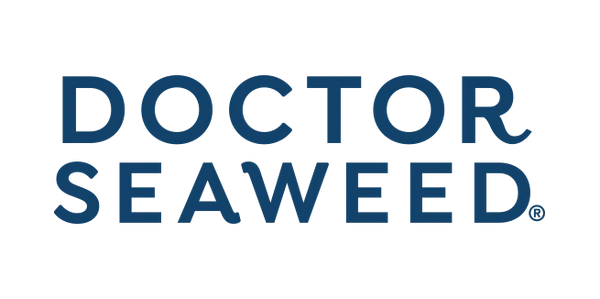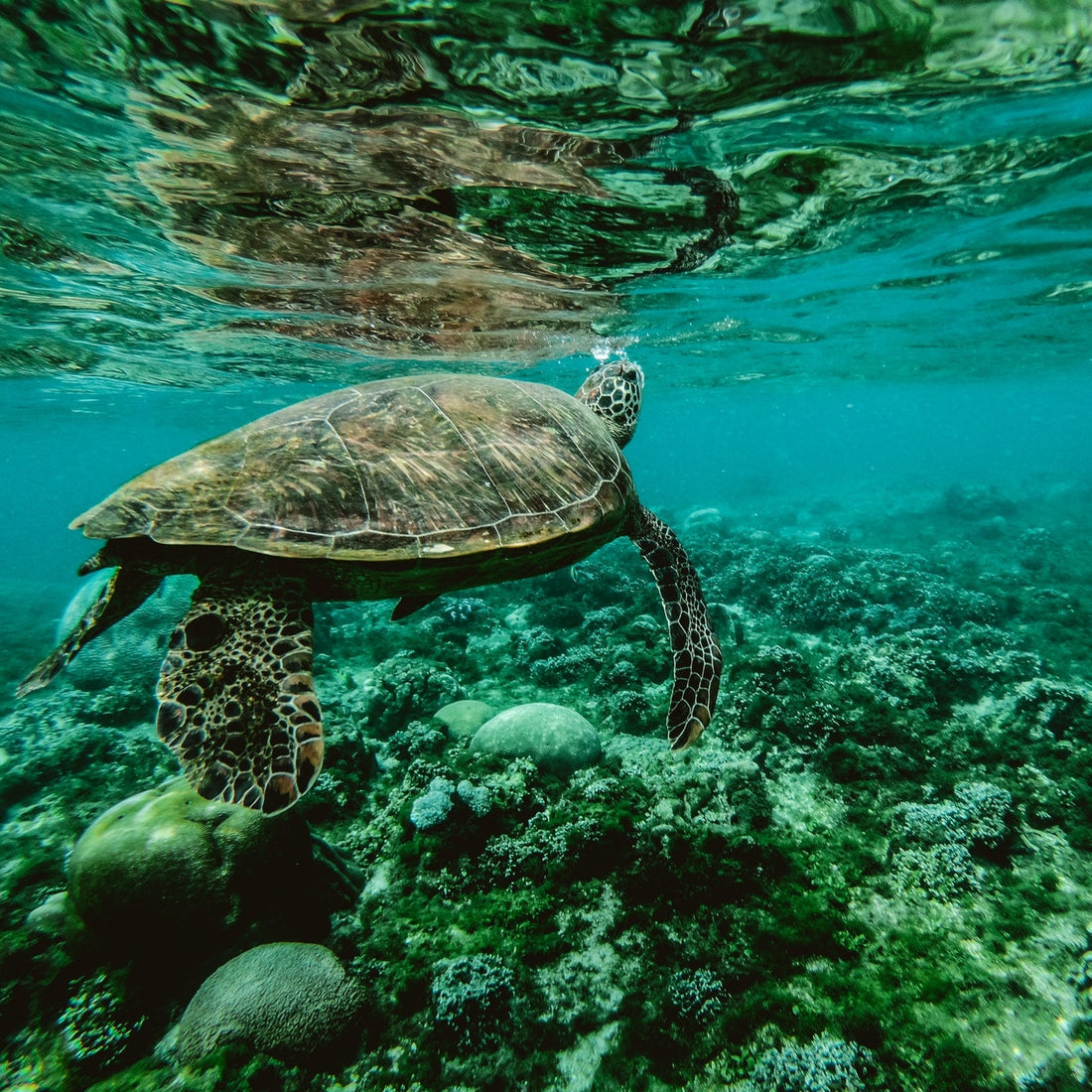Seaweed is key for protecting your health and the health of our oceans
Our oceans need help. Eight million metric tons of plastic is dumped into the oceans every year, meaning that by 2050 there will be more plastic in the ocean than actual fish.[1] And when our oceans suffer, so do we.
There are increasing calls for action to protect our climate, including our seas. Organisations like WWF are doing their part to improve the quality of our oceans, promoting everything from ethical seafood to sustainable fisheries. This is vital work, as around 70% of the planet is ocean, yet we know more about the surface of the moon than the seafloor.[2]
That’s why initiatives like National Marine Week are so important. Started by The Wildlife Trusts, National Marine Week is a “nationwide celebration of all things marine” that actually lasts for 15 days to allow for the variation of tide times around the country.[3]
To celebrate the start of National Marine Week, we want to take a deep dive into the role seaweed has in protecting our oceans and keeping them healthy, as well as how it can help to keep you healthy too.
Seaweed and the environment

As a marine plant, seaweed works in essentially the same way as land plants in that it consumes carbon and releases oxygen. However, the rate at which seaweed does this tends to be much faster than trees and plants on land, thanks to its increased growth rate. Kelp, for example, can grow by as much as 60cm per day depending on the species, and soaks up as much as 600 million tonnes of carbon every year.[4] From this figure, we can calculate that a kelp forest has the potential to absorb up to 20 times more carbon dioxide than a land forest of trees.
As a matter of fact, seaweed is responsible for producing around 70% of the total oxygen on Earth, as well as playing home to invertebrates, fish, marine mammals and more.[5]
One of the main ways seaweed helps the environment is through a process of called carbon sequestration. This involves seaweed not only absorbing carbon dioxide but turning it into biomass too. Once carbon dioxide has been locked in the seaweed biomass, it can be harvested for use or stored underground so that the climate is not impacted. In 2021, this process is being increasingly used by scientists to protect the environment.[6]
Seaweed for your health
Seaweed is key for environmental security, but the benefits of this humble plant go way beyond the seafloor. As a vital plant-based source of iodine, seaweed is key for supporting thyroid health when incorporated into a balanced diet. As we know, a healthy, functional thyroid plays an integral role in everything from metabolism and cognitive function to the health of your skin. Recently, the IGN declared Europe to be an iodine-deficient continent[7], so it’s important that we make the effort to consume our recommended daily amount of iodine, especially as symptoms of iodine deficiency include fatigue, memory problems, heart rate changes, dry skin and even hair loss.[8]
At Weed & Wonderful®, our seaweed is sustainably wild-harvested from the pristine waters of the Scottish Outer Hebrides. Not only does this preserve the natural quality and health benefits of this superior seaweed, but it also allows us to offer a completely traceable process from sea to store, supporting the environment in everything we do. Just one 500mg capsules of our seaweed per day is enough to help you reach your daily intake of iodine and support your health and wellbeing.


2 comments
Hi Mary,
Thanks for your question.
Yes it is entirely safe for children to take the capsules. Children can actually benefit greatly from natural iodine as it aids development.
Many of our customers empty the capsules into smoothies or pasta sauces if the child feels uncomfortable taking the capsule whole.
Taking one capsule per day is also fine for both adults and children but you can start your son off on half a capsule per day if preferable.
I hope that helps! Feel free to email me at hello@doctorseaweed.com if you have any further questions.
Many thanks,
Eleanor
Customer Support
I take one of each of your products daily, is that ok?
Also, are they suitable for children, my son is 13 years old?